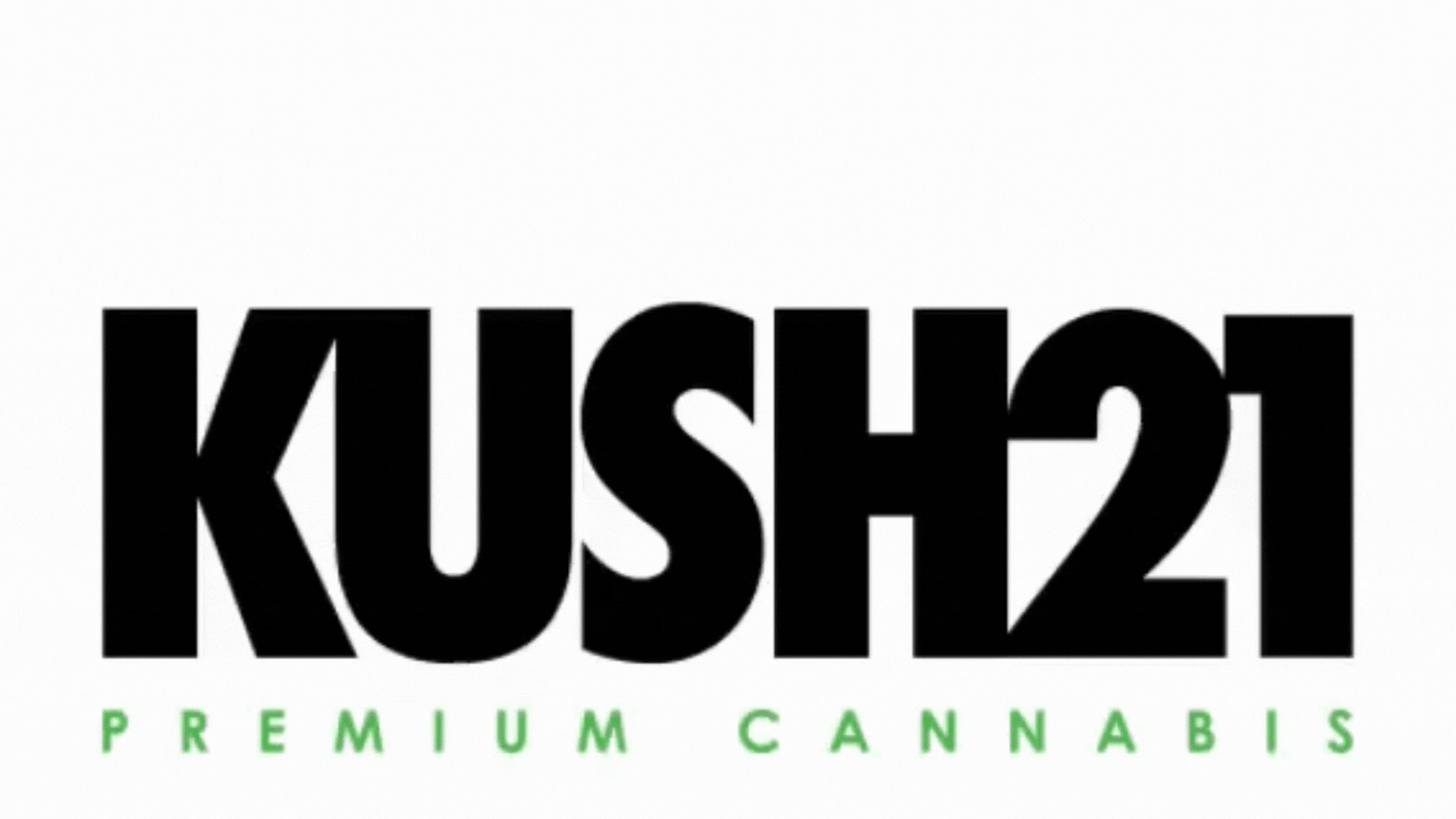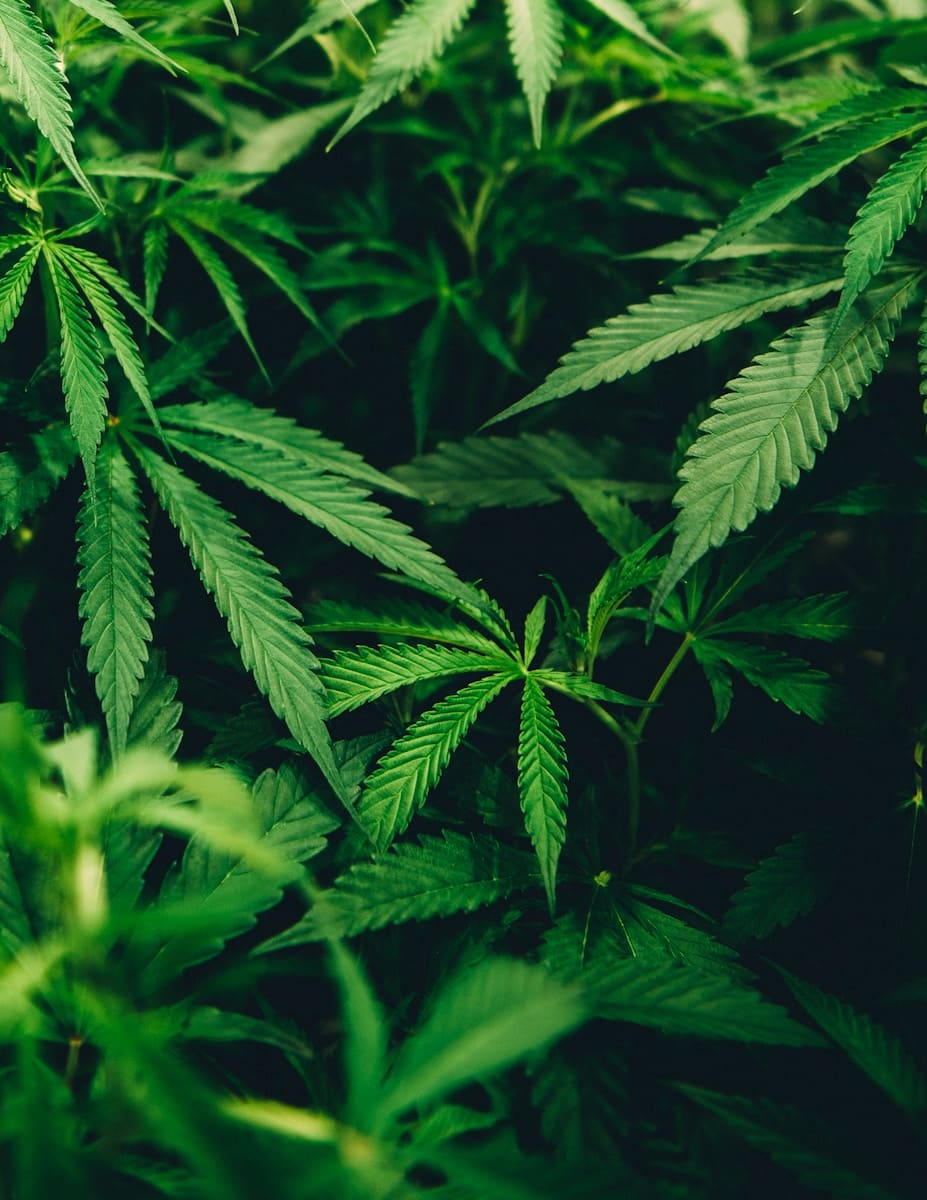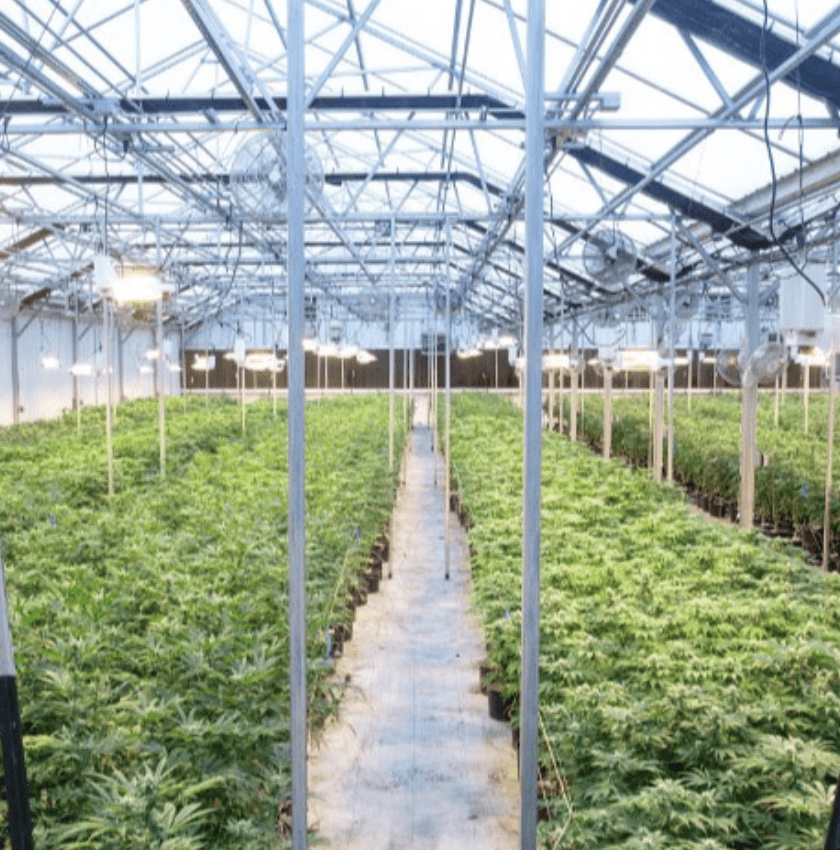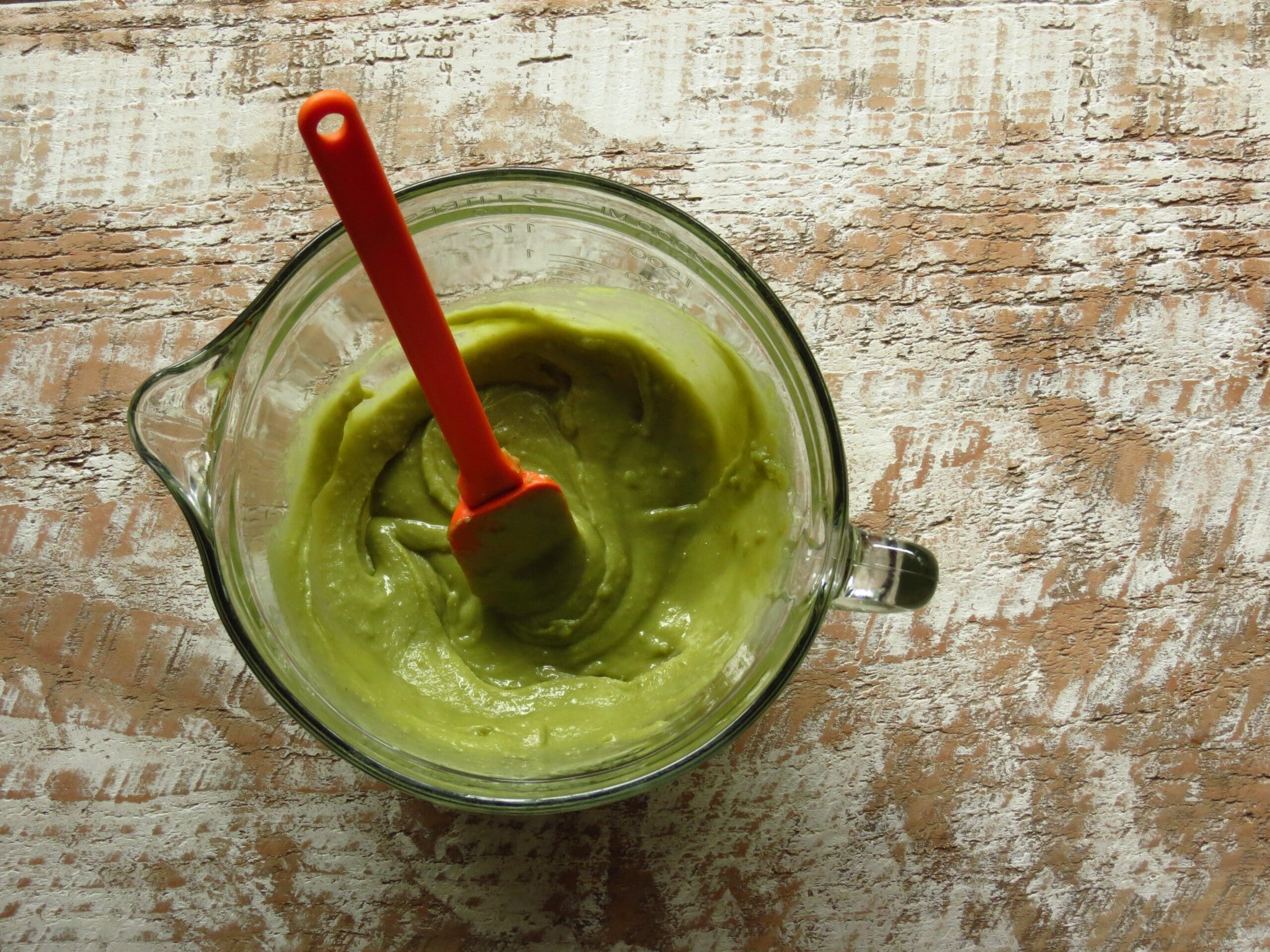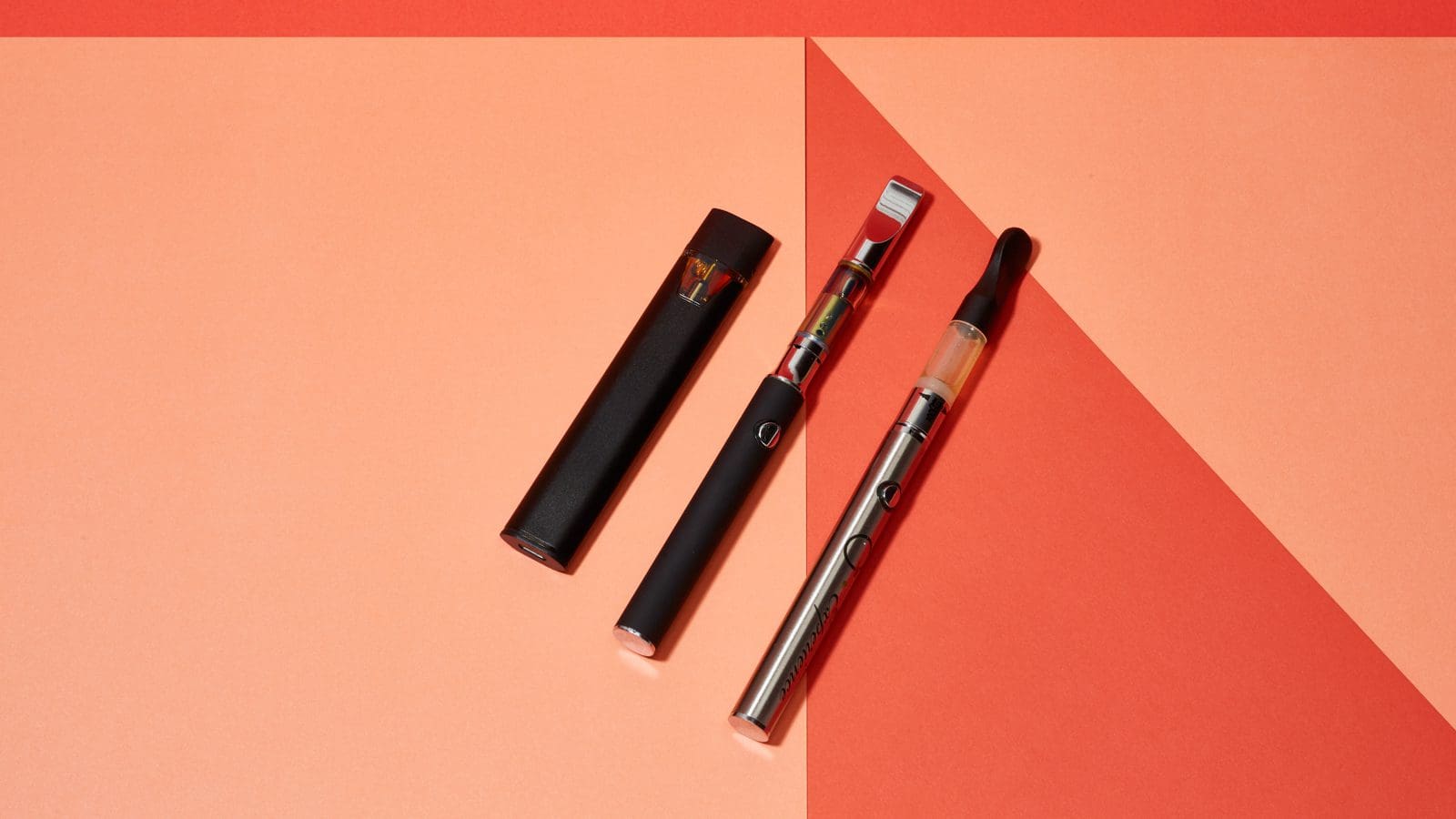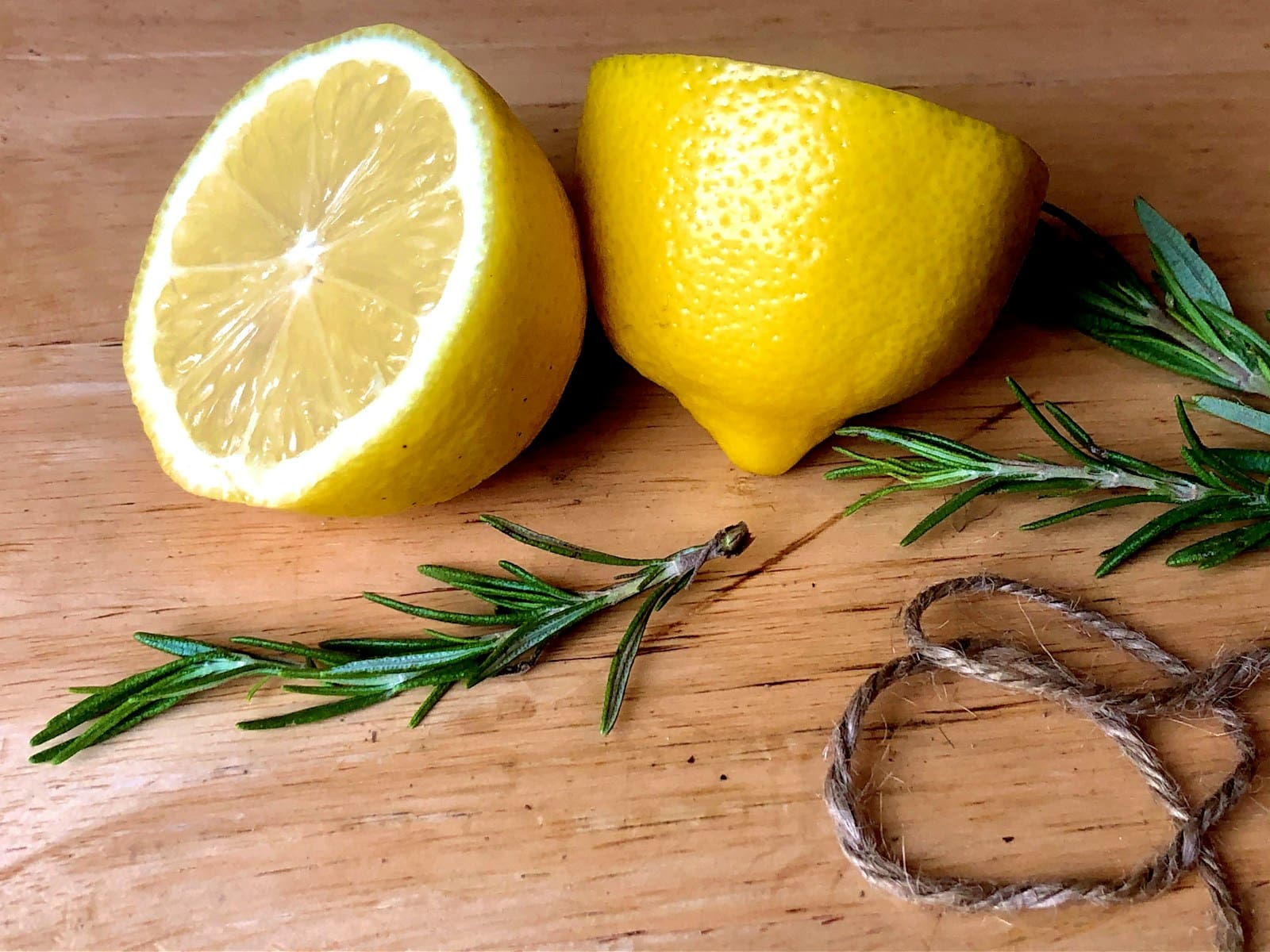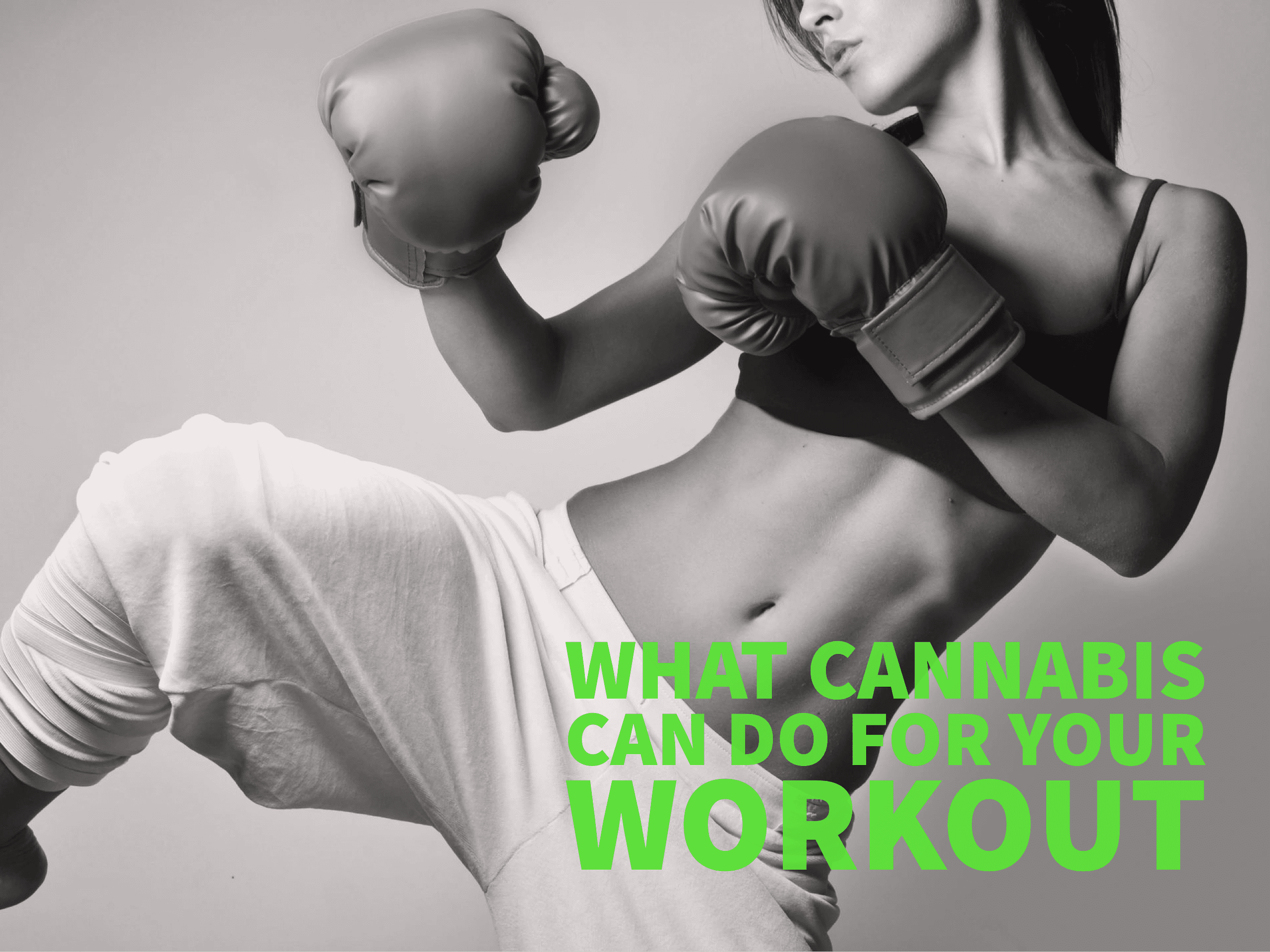Cannabis enthusiasts, whether new to the scene or experienced, have all heard of THC. But what about THCA? If you’ve picked up a premium bag of bud from a dispensary recently, you’ve likely seen the term THCA listed right alongside THC on the label. And if you’ve squinted at that label and wondered, “Wait, what’s the difference?” we’ve got you covered.
This post dives into what makes THC and THCA unique, their effects, benefits, and risks, and why knowing the difference can improve your cannabis experience. By the end, you’ll be ready to drop some knowledge the next time you visit one of our friendly Kush 21 shops in Washington State or Illinois.
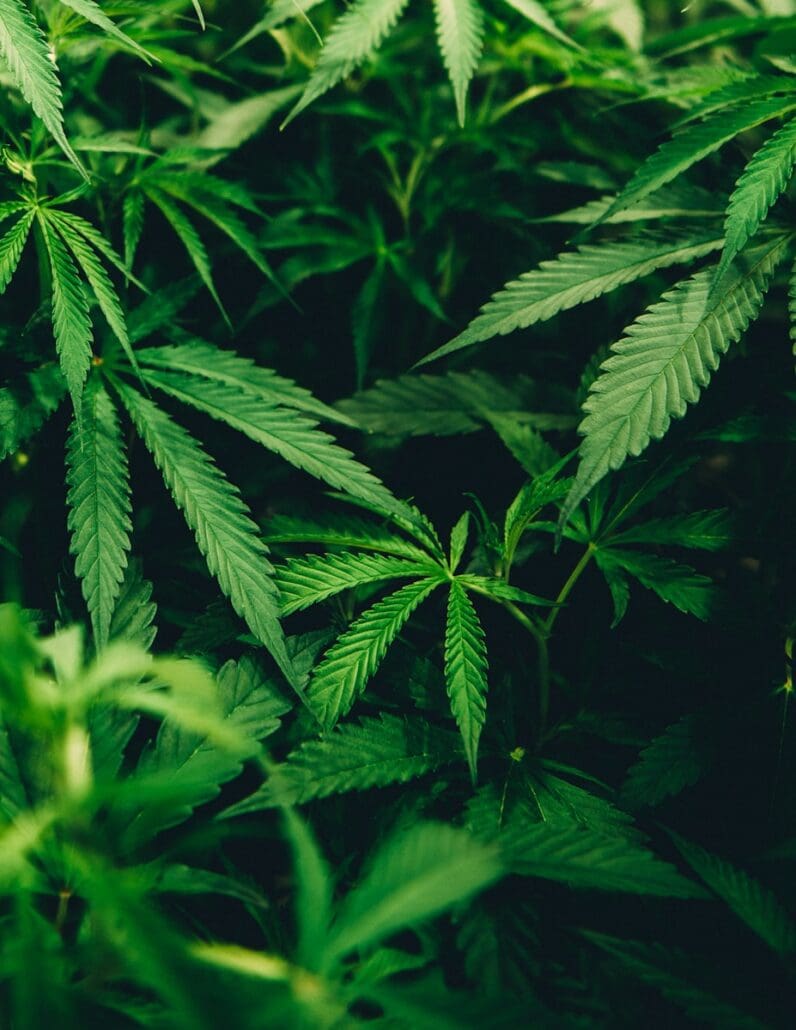
What Exactly Are THC and THCA?
THC (Tetrahydrocannabinol): The Star of the Show
THC (short for tetrahydrocannabinol) is the rockstar cannabinoid that made cannabis famous. It’s the psychoactive compound responsible for that euphoric “high” we all associate with marijuana. THC connects with your brain’s endocannabinoid receptors, affecting everything from memory to motor coordination and pleasure.
Recreational and medicinal users alike turn to THC for its blend of relaxing effects and therapeutic benefits. It’s known to help with mood, pain, appetite loss, and even conditions like epilepsy.
THCA (Tetrahydrocannabinolic Acid): THC’s Precursor
Now, here’s where it gets spicy. THCA (tetrahydrocannabinolic acid) is essentially raw THC. Found in fresh cannabis plants, THCA is non-psychoactive, meaning it doesn’t get you high. However, the magic happens when THCA is heated or exposed to sunlight (in a process called decarboxylation). This triggers a chemical change that converts THCA into THC, unlocking those psychoactive effects.
Think of THCA as the caterpillar, and THC is the butterfly. Without heat, THCA stays in its raw, chilled-out form.
Quick Breakdown of THC vs. THCA
| THC | THCA |
|---|---|
| Psychoactive (gets you high) | Non-psychoactive |
| Formed when THCA is heated | Found in raw cannabis or hemp |
| Impacts mood, memory, motor skills | May offer medical benefits |
Effects on the Body and Mind
THC: The effects of THC are well-documented. Users often report feelings of relaxation, creativity, happiness, and sometimes, hunger (hello, munchies). But it can also lead to dry mouth, red eyes, and, for some folks, anxiety or paranoia if consumed in high doses.
THCA: THCA may not get you high, but that doesn’t mean it’s useless. Early research suggests it may have anti-inflammatory, neuroprotective, and anti-nausea properties, making it promising for medical applications. However, because THCA is still being studied, its effects aren’t fully understood yet.
Legal Status of THC vs. THCA
Navigating cannabis laws can get confusing, especially as they vary widely between states like Washington and Illinois. Here’s the scoop on THC and THCA legality:
- THC: Marijuana’s main psychoactive ingredient, THC, is federally illegal in the U.S. but is legal in many states, including Washington and Illinois, where you’ll find top-notch products on our shelves.
- THCA: THCA falls into a gray area. While it doesn’t get you high in its raw form, it can be legally sold as long as the product contains less than 0.3% THC. This loophole makes THCA products more accessible, especially in states where marijuana remains restricted.
Pro Tip: If you buy THCA products and heat them to convert them into THC, be mindful of local laws to avoid legal trouble.

Methods of Consumption
THC Products
- Flower: Classic buds for smoking or vaping.
- Edibles: Gummies, chocolates, and baked goods infused with THC.
- Concentrates: Oils, wax, or shatter offering concentrated THC levels.
THCA Products
- Raw Flower: High in THCA and perfect for making your own THC after heating.
- THCA Diamonds: Pure crystalline THCA often used for dabbing or vaping.
- THCA Patches: Transdermal patches that allow for therapeutic use without psychoactive effects.
- Edibles: Gummies or capsules containing THCA.
- Raw Consumption: Juicing or eating raw cannabis (THCA doesn’t cause a high when consumed this way).
Want to explore these options? Swing by your nearest Kush 21 store, and our knowledgeable budtenders will walk you through it all.
Health Benefits and Risks
The cannabis buzz isn’t just about recreational use. Both THC and THCA may offer significant health benefits alongside some risks.
Potential Benefits of THC & THCA
- THC: Pain relief, stress reduction, appetite stimulation, and potential anti-seizure properties.
- THCA: Anti-inflammatory effects, reduced nausea, potential for combating neurodegenerative diseases (like Parkinson’s), and even anti-cancer properties (studies ongoing).
Risks and Side Effects
- THC Risks: Common side effects include dry mouth, anxiety, paranoia, and memory issues. Long-term overuse can result in dependence or affects lung health if smoked.
- THCA Risks: While THCA appears safer, side effects like nausea, rashes, or upset stomach are possible.
The key to safe usage is staying informed! Always consult with your healthcare provider when integrating these compounds into your routine, especially if you’re on medications.
The Future of THC and THCA Research
Cannabis research is still in its early stages, particularly regarding THCA. But with cannabis gaining legal and medical momentum, expect breakthroughs in understanding its full potential. The future may hold THCA-based medicines and more precise applications for THC in treating conditions like chronic pain, anxiety, and epilepsy.
Questions? Drop by Kush 21
Whether you’re team THC, team THCA, or somewhere in between, knowing the difference lets you make smarter choices. And if you’re still curious, our highly trained budtenders at Kush 21 are here to help! Visit your nearest store in Washington State or Illinois for personalized advice on the best products for your needs.
